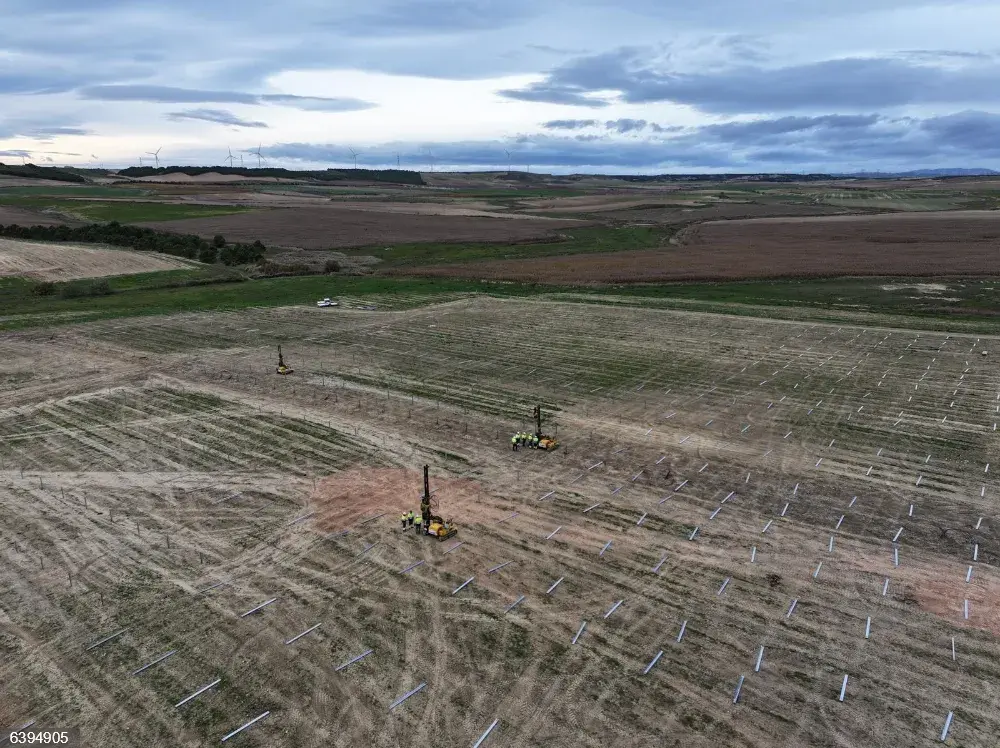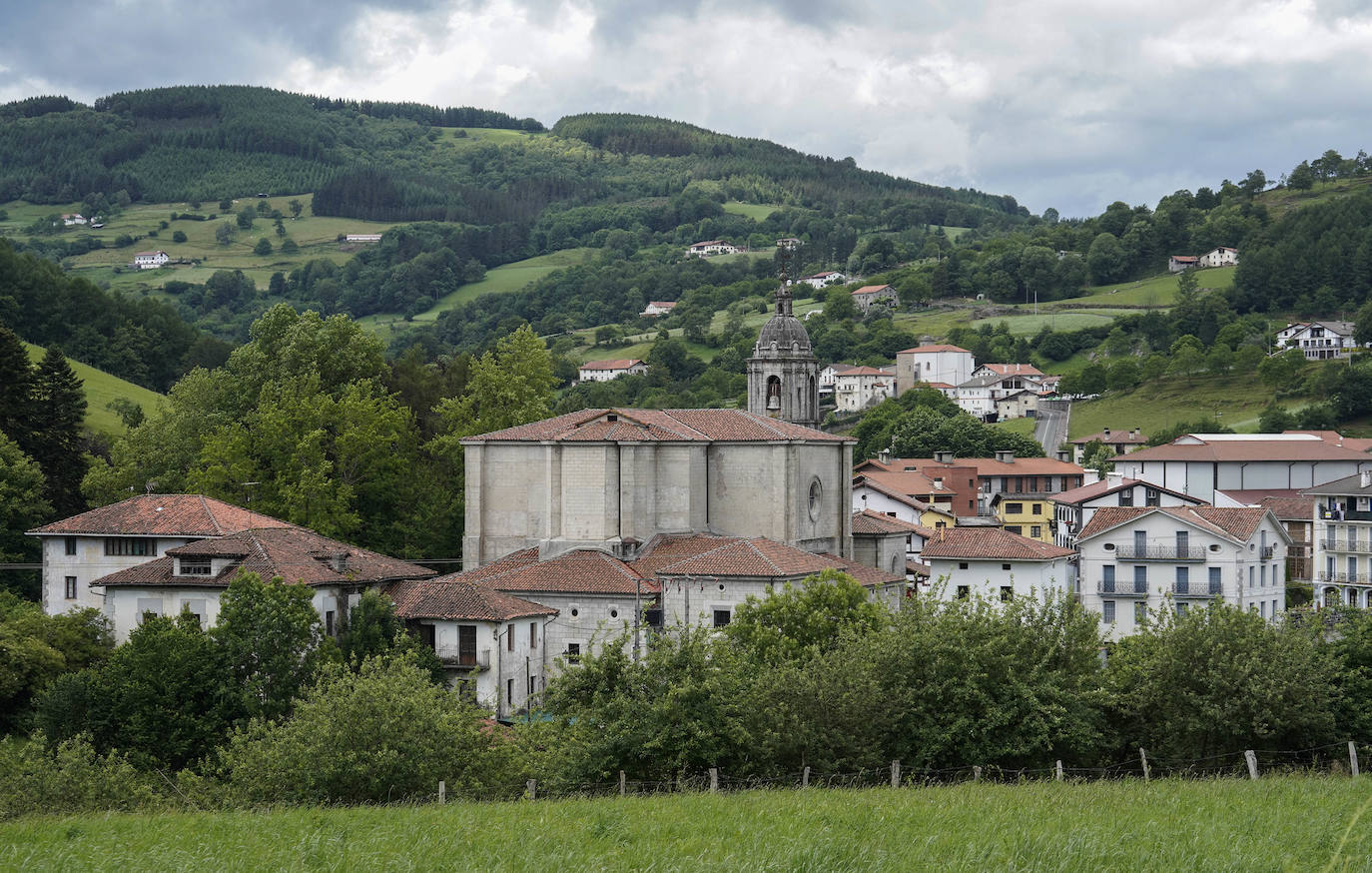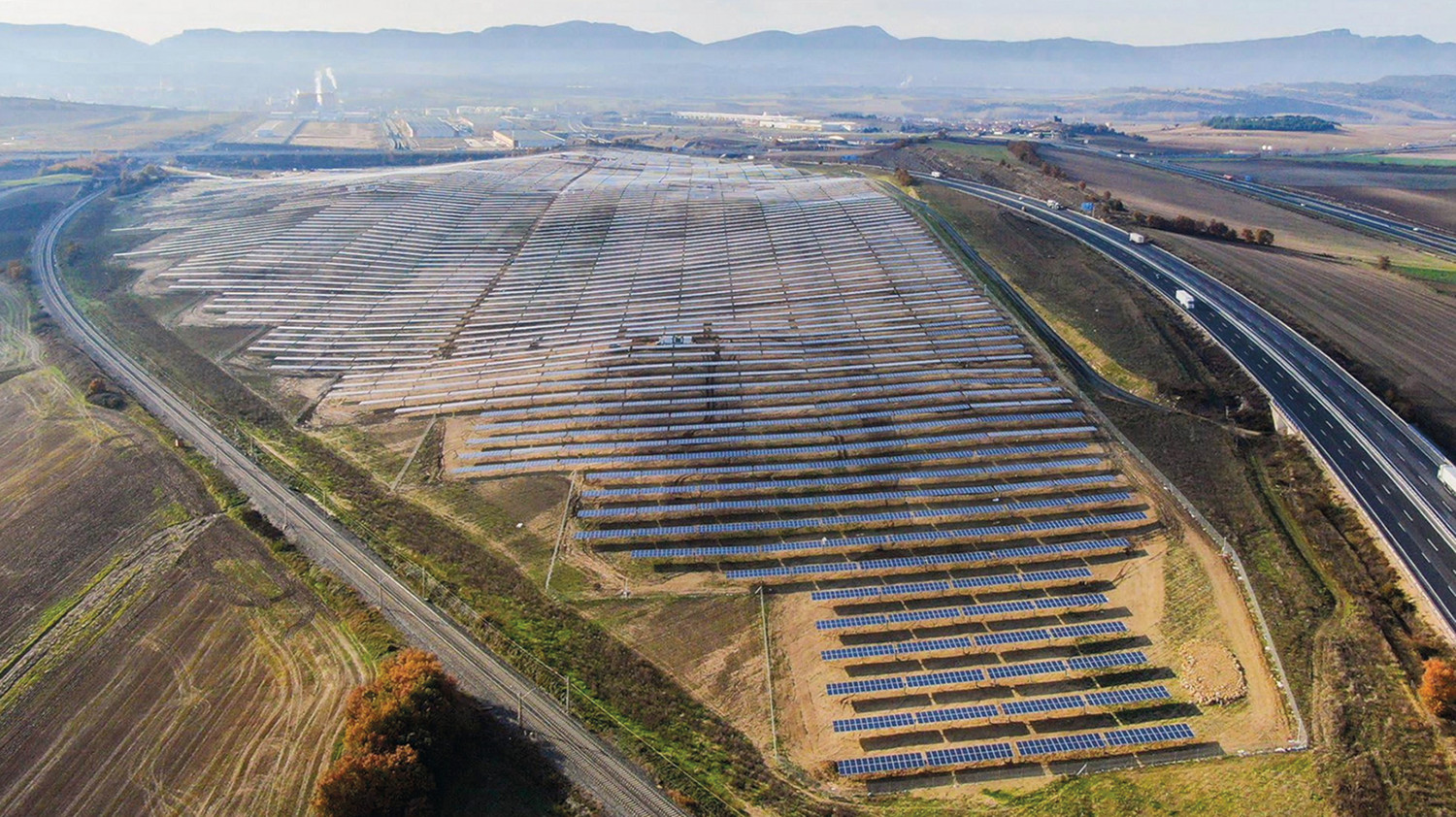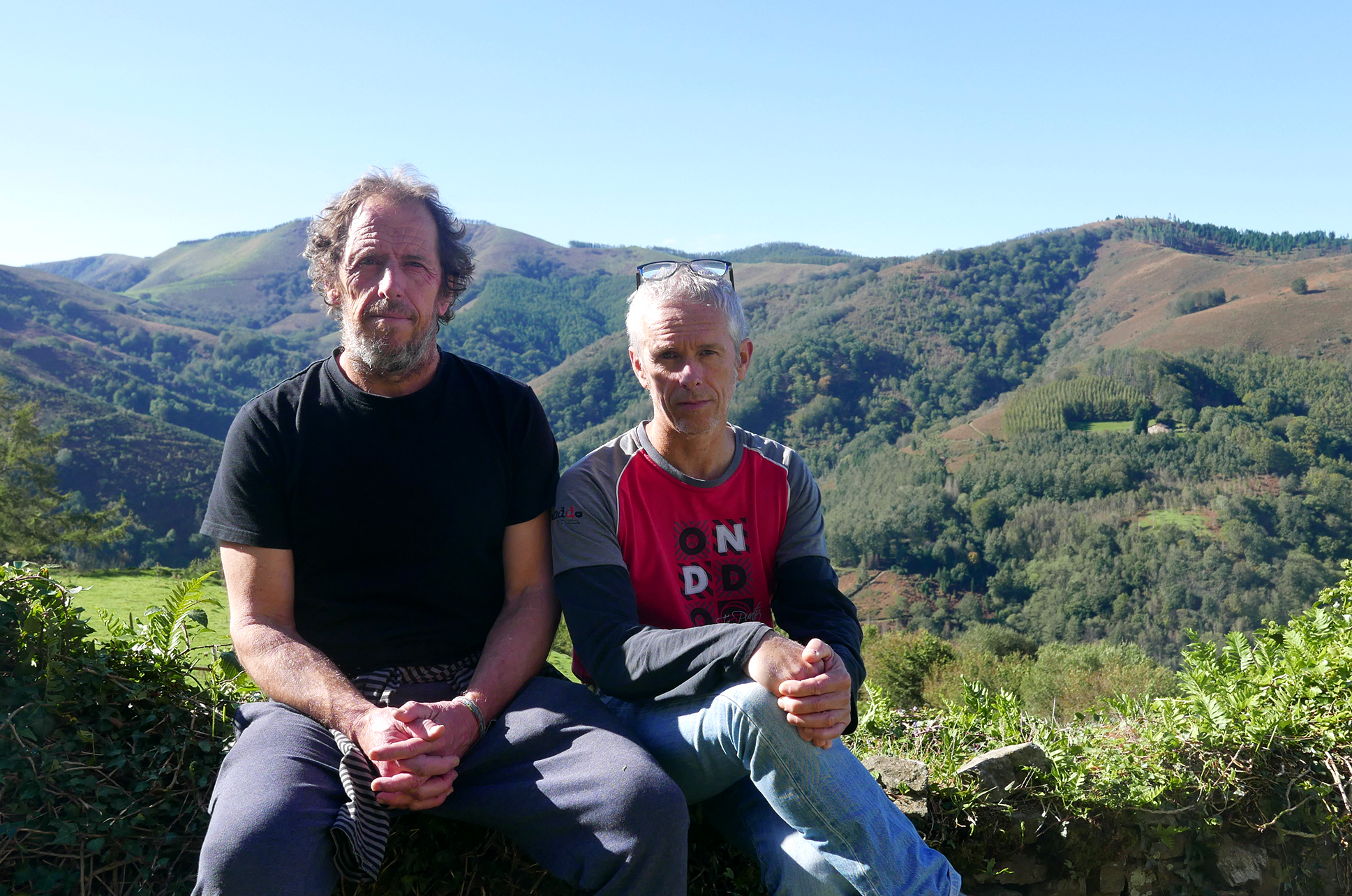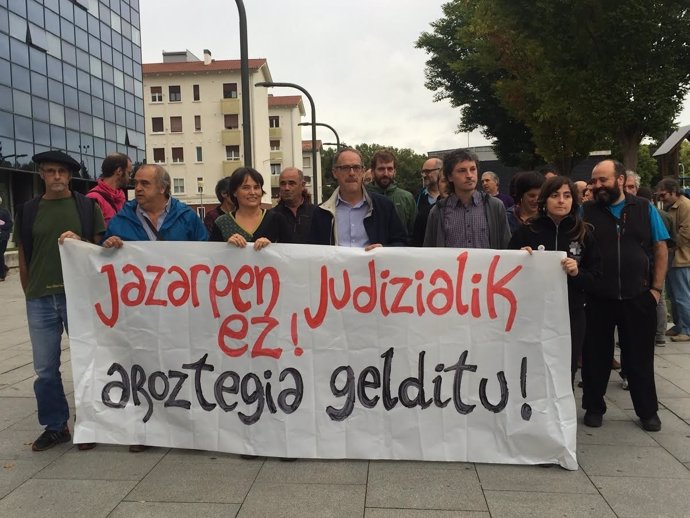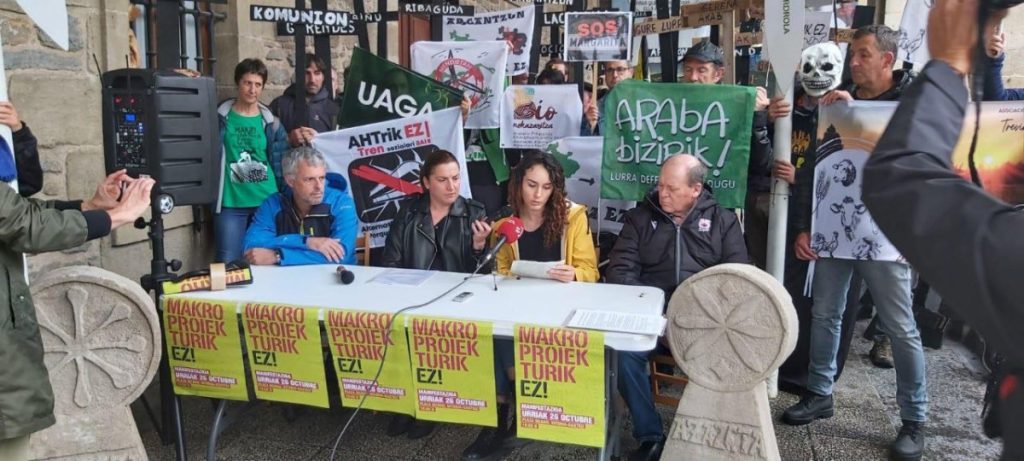Need for renewable energy planning in the Basque Country

Conservative mentalities are afraid of the term planning, linking with progressive and even communist political currents, as the new authoritarianisms do today (Milei, Meono, Orban, Aznar, among others). However, the idea of planning is still in good health, at least formally. We see this in the energy policy of the Basque Government, which is slowly and reasonably interested in developing CAPV spatial planning plans. It seems that these plans are intended to organise the development of energy policy, particularly the production of energy from renewable sources such as the sun and the wind. However, we consider that its main feature is the opposite, that is, that renewable energy plans seek to eliminate planning. Let's see.
Renewable energies have a great influence on the territory when installations are on a large scale and therefore occupy large areas and places of high environmental and agricultural value. This requires an implementation regime that prescribes such development, according to the competent department of the Basque Government.
The reality of the Renewable Energy Sector Territorial Plan (PTS) is very different, as explained below. The Plan covers a number of areas where PV installations cannot be built. In the rest of the territory, white card. The PTS being processed is limited to saying that in some areas it prioritizes and facilitates the construction of renewable energy facilities. In the case of photovoltaic installations, for example, it will only state that installations will not be carried out in areas not lit by the sun, so to speak. To test how the plan assesses the possibility of building photovoltaic installations at different scales, it is interesting to analyze the typology of the spaces it establishes and which define “suitability graduation areas”.
"The Sectoral Territorial Plan for Renewable Energy is not a plan, because it does not plan it. That's it. On the contrary, it opens the door to an uncontrolled occupation of the territory"
The Plan establishes four types of zones, successively defined as areas of high suitability “more suitable areas for housing facilities”; areas of medium adequacy are “areas of lower suitability than the previous ones”; areas of low suitability are “areas of lower suitability”; areas of very low suitability are “floors of minimum suitability” for housing this type of facility. If it were not such a serious issue, we would use irony to comment on such definitions. The Plan does not say what “competition” is, so it is difficult for us to give value to these definitions from the point of view of territorial planning. Certainly, the work of the authors of these classifications has had to be exhausting.
Faced with this form of action, we must demand territorial planning that responds to the importance of territory for people. We live from territory and territory. The first is necessary, but the second can lead to an obsession with the strict economic concept of the “efficient” exploitation of the resources of the territory, questioning the dignity and sustainability of the ways of life of the people living in it. The availability of renewable energies km 0 is important for energy security, but also the preservation of the territory in order to achieve a fair and sustainable transition, and planning is necessary for this.
If we live in a territory, how do we want that territory to be? We will be interested to know what we will see when we travel from Vitoria to Araia, or to Murgia, Treviño or Oyón. Will we know the territory or, rather, will we know ourselves? Territory and its landscape are not elements alien to us, but part of our being, our subjectivity, our identity. The concept of planning cannot be simplified as an amalgam of “suitable” spaces for renewable energies. We are part of our territory and landscape and we are aware of who we are and where we are in that relationship with the territory, giving security and tranquility to life. We have to avoid what happens in some cities. People in the big city neighborhoods feel a big deficit in their lives, among other things because they don't know or feel the place they live in.
"What we should demand is territorial planning that responds to the importance of territory for people. We live from territory and territory."
The Plan does not analyse the effects of the deployment of large energy facilities on the primary sector, perhaps because it leaves everything open. In the case of Álava, it is worrying that the important issue of the provision of agricultural goods and services, which affects both itself and the rest of the Basque territories, is not taken into account and analysed in detail. Ensuring the future of the agricultural sector is essential to prevent the dismantling of rural areas.
The conclusion is clear. The Renewable Energy PTS is not a plan because it does not plan. That's it. On the contrary, it opens the door to an uncontrolled occupation of the territory, far from a policy that provides for a measured and balanced temporary occupation. The plan is therefore designed to make it easier for large companies to set up large-scale energy facilities and not for public authorities to respond to the needs of adequate energy planning. The plan has a conception of planning as an obstacle and does not adequately set out the lines of action for a key energy policy for the sustainable development of our society.
The absence of a plan already has very violent effects. For example, the company Solaria IBEX35 has asked the Basque Government to build three large photovoltaic plants that would occupy more than 300 hectares, and an electric transport line of more than 100 km. This line would run from the south of Álava to the north of Bizkaia (Zierbena), generating a strong impact on the territory. The electricity transmission capacity of this Very High Voltage line is ten times higher than that generated by the 300 hectares of the aforementioned PV parks. The company, therefore, wants a territory that multiplied by 10 instead of 300 hectares to do its business. We have to say this clearly: the company’s demand is illegal.
Unai Pascual (neighbour of Zigoitia in Álava), Iñaki Lasagabaster and Jose Allende (UPV/EHU teachers)
Environmental activist Mikel Álvarez has produced an exhaustive critical report on the wind macro-power plants that Repsol and Endesa intend to build in the vicinity of Arano and Hernani of the region. In his opinion, this is "the largest infrastructure of this kind that is... [+]








.png)


